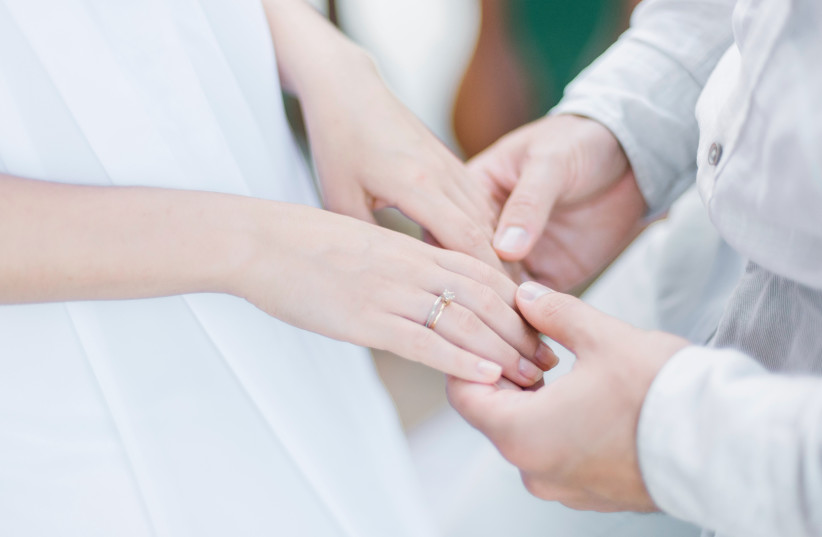Religious Jewish women want to get married but are not receiving enough matchmaking recommendations, according to a Sunday report from Israeli NGO Baim Betov, which aims to support single religious Jewish people in their search for a life partner.
The report, performed in conjunction with the Maagar Mochot research institution, specifically focused on singles aged 25-40 who identify as religious Zionists. In total, 481 individuals were surveyed.
67% of respondents (78% of women and 53% of men) reported that they are not set up by friends and family frequently enough, and 77% of women aged 35-40 reported that they are practically never set up to go on dates.
The most difficult aspects of finding a partner were: not getting enough good-quality matches, emotional unavailability, and lack of set-ups in general.
15% reported that they had not been on any dates at all in the last year and 34% reported never having been in a serious relationship that lasted more than a few months.

All of this loneliness is not for lack of trying to find a spouse; 90% of those questioned reported that finding a relationship is very important for them and 80% are registered on some kind of dating app or matchmaking service.
Singleness reportedly has negative effects on religious practice. 55% of singles reported that being single had an effect on their relationship with Judaism, and 53% of those said the effect was one that distanced them from traditional Orthodox practice.
In general, Israeli women are not looking to settle down
Three out of four Israeli women don't feel pressured to get married, according to a study conducted by the popular online dating app Bumble, where women make the first move.
Bumble published a study in collaboration with Dr. Liraz Margalit and the Topix company, a social psychologist and relationship expert, in which they examined what women in today's societies think about dating, relationships, money and romance.
Dr. Margalit conducted the research by using a panel supported by artificial intelligence (AI) to collect data on responses from over 500 Israeli women about their experiences, focusing on relationships between men and women.
